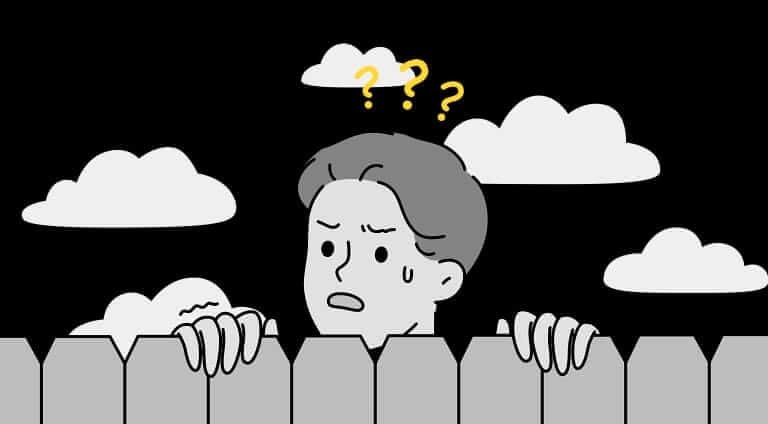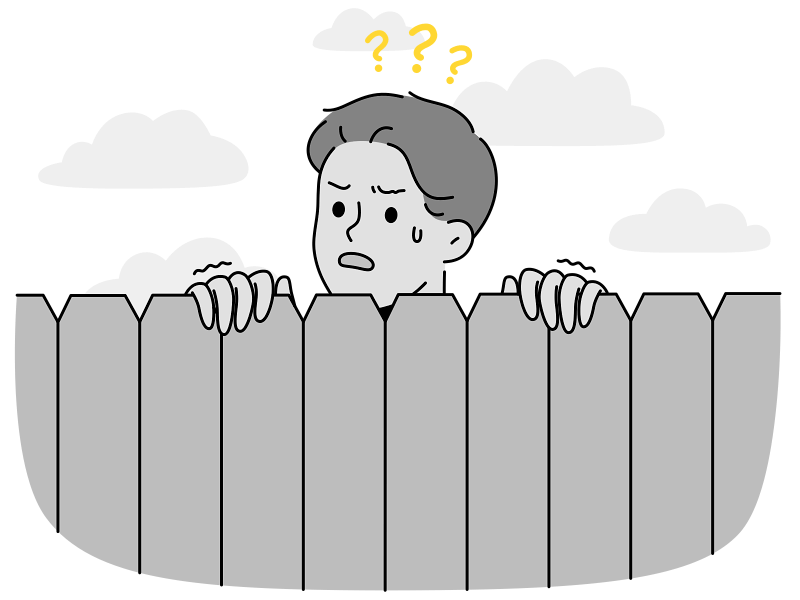When you’re scrolling through your social feeds, it can feel like everyone’s out there living such fun and fascinating lives. Of course, we know deep down that those influencers aren’t always showing the reality behind the gloss. But what about our friends and colleagues? We see and hear about their lives all the time and it’s only natural to start comparing yourself to them.
One buddy is taking a two-week trip to Africa. Another is learning how to give himself tattoos. Your coworker brings the most amazing leftovers for lunch because he’s practically a chef at home. What about your friend who always shows up looking amazingly put-together? We all wish we had his easygoing elegance and natural sense of style, right? These kind of thoughts are common and they’re enough to get any self-respecting guy down in the dumps now and then.
It’s not that we’re not happy for our friends. Even our “internet friends” who we only know marginally. It’s simply that in those low, boring moments of life, it’s easy to look around and wish you were doing that, or wearing this, or hanging out with them. Hell, that uneasy swirl of emotions even birthed a modern idiom, FOMO—the fear of missing out … on anything or everything.
As the saying goes, “comparison is the thief of joy.” And the expression couldn’t be truer. When you focus on the stuff that others have, it clouds your mind and you miss out on what you possess. It’s very likely that some of things you’re overlooking in yourself is, in fact, what others are envying about you at this very moment.
But you can take comfort in the fact that this is all normal. Humans crave social belongingness. Our emotional need to feel connected and accepted by those around us is actually hardwired into our DNA and essential to our health, happiness and sense of self. When our need for social connectedness is threatened—be it not getting invited to a dinner or simply feeling that you’re not as important as other members of your group—it can make us feel isolated. That triggers panic and pain.
As neuropsychologist Dr. Rachel Taylor, the founder of UNBroken, explains: Envy is part of our emotional toolkit. We’ve evolved in tribes and have access to shared resources which may at times be limited. So if we think we are less than other members of our tribe, we will, on a survival level, think that we are in danger. That’s reassuring, but when left unchecked, that anxiety can turn into shame, anger and resentment. So what can we do about it?
Use It As Motivation
Envy is natural, yes, but it feels like a cruddy, worthless emotion … unless you put it to good use. Those green feelings can be a powerful force for change. If you harness the discomfort that envy brings, you can use it to aim towards a goal and take action. Mixed emotions about your friend’s new promotion? Maybe this is a sign that you should polish up the resume and take some meetings. Feeling like you don’t travel as much as you like after seeing your coworker’s epic photos from his trip? Start planning your own adventure to a place you’ve always wanted to go.
Interrupt It
With Gratitude
When we’re feeling down on our circumstances, gratitude isn’t always the first thing that comes to mind. But this is when you need it the most. True gratitude is not about ignoring what you desire, but choosing to focus on what you have that brings you joy or value. It might sound simplistic, and it doesn’t mean you don’t want what they might have, but it reminds you that you’ve got a lot in your own life right now and that can help balance your overall satisfaction level.
Shift Your Perspective
Zen master Shi Heng Dao explains that all emotions have an equal opposite: Happiness and sadness. Love and hate. Envy is the shadow side of wisdom and success. As we nurture our own wisdom, we can step outside of the FOMO and take a more realistic look at what we have, what we want and how they’re not always related to the envy we’re feeling. When we can recognize it as simply admiration for someone else, it’s much less powerful. That helps us defeat feelings of envy and negative emotions and see things more clearly.
Read the original article here








